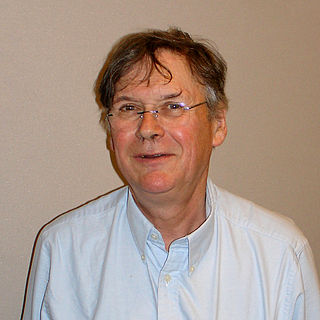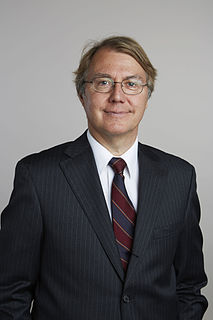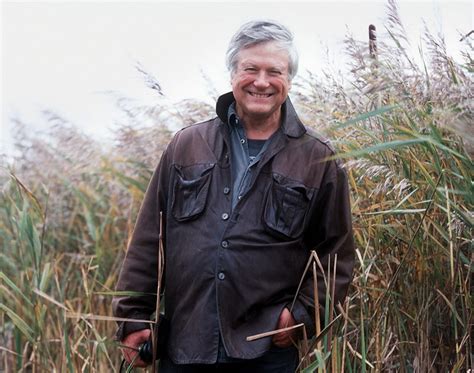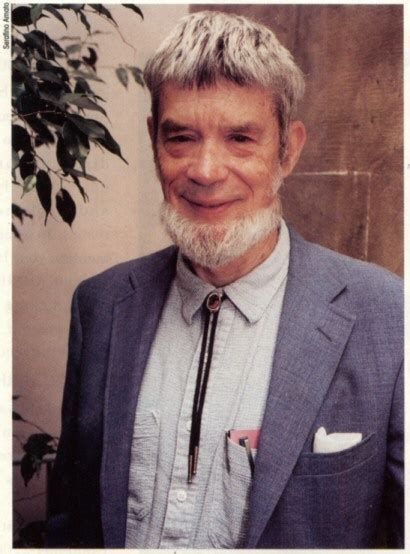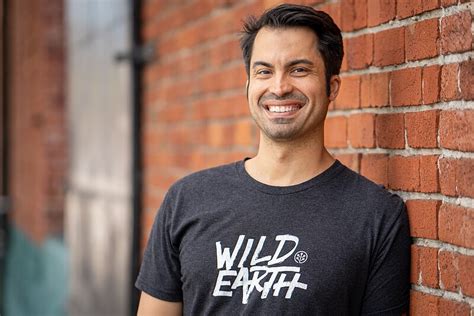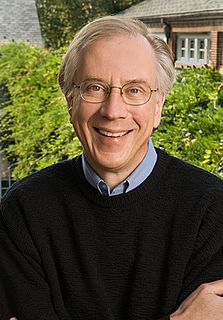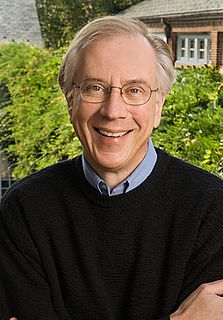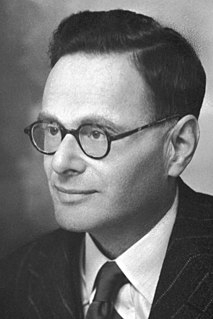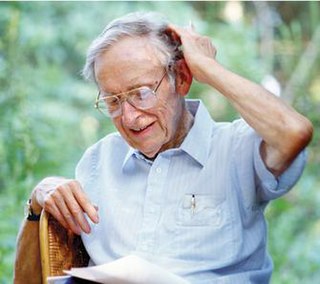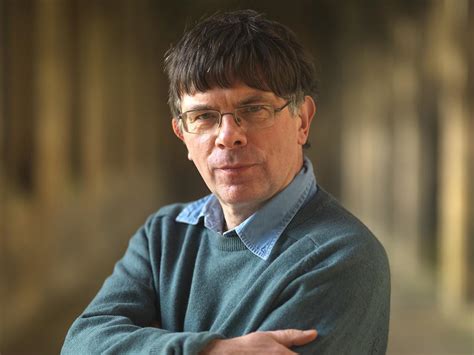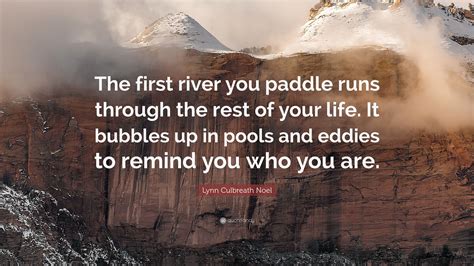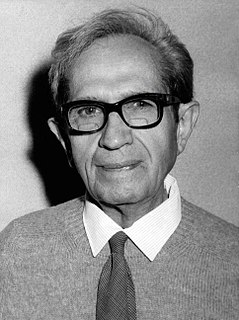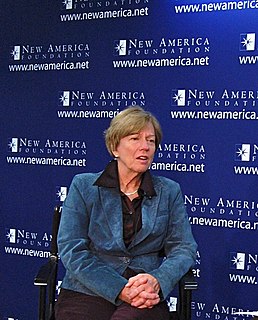Top 327 Organisms Quotes & Sayings - Page 3
Explore popular Organisms quotes.
Last updated on April 15, 2025.
The morphological characteristics of plant and animal species form the chief subject of the descriptive natural sciences and are the criteria for their classification. But not until recently has it been recognized that in living organisms, as in the realm of crystals, chemical differences parallel the variation in structure.
The reason for natural selection's great success is that it provides a satisfying explanation of how evolution might have occurred: individual organisms vary, and if those variations are inherited, the successful ones will survive and propagate and pass down their desirable traits to succeeding generations.
The underlying reason for convergence seems to be that all organisms are under constant scrutiny of natural selection and are also subject to the constraints of the physical and chemical factors that severely limit the action of all inhabitants of the biosphere. Put simply, convergence shows that in a real world not all things are possible.
It is difficult to see anything but infatuation in the destructive temperament which leads to the action ... that each of us is to rejoice that our several units are to be distinguished at death into countless millions of organisms; for such, it seems, is the latest revelation delivered from the fragile tripod of a modern Delphi.




